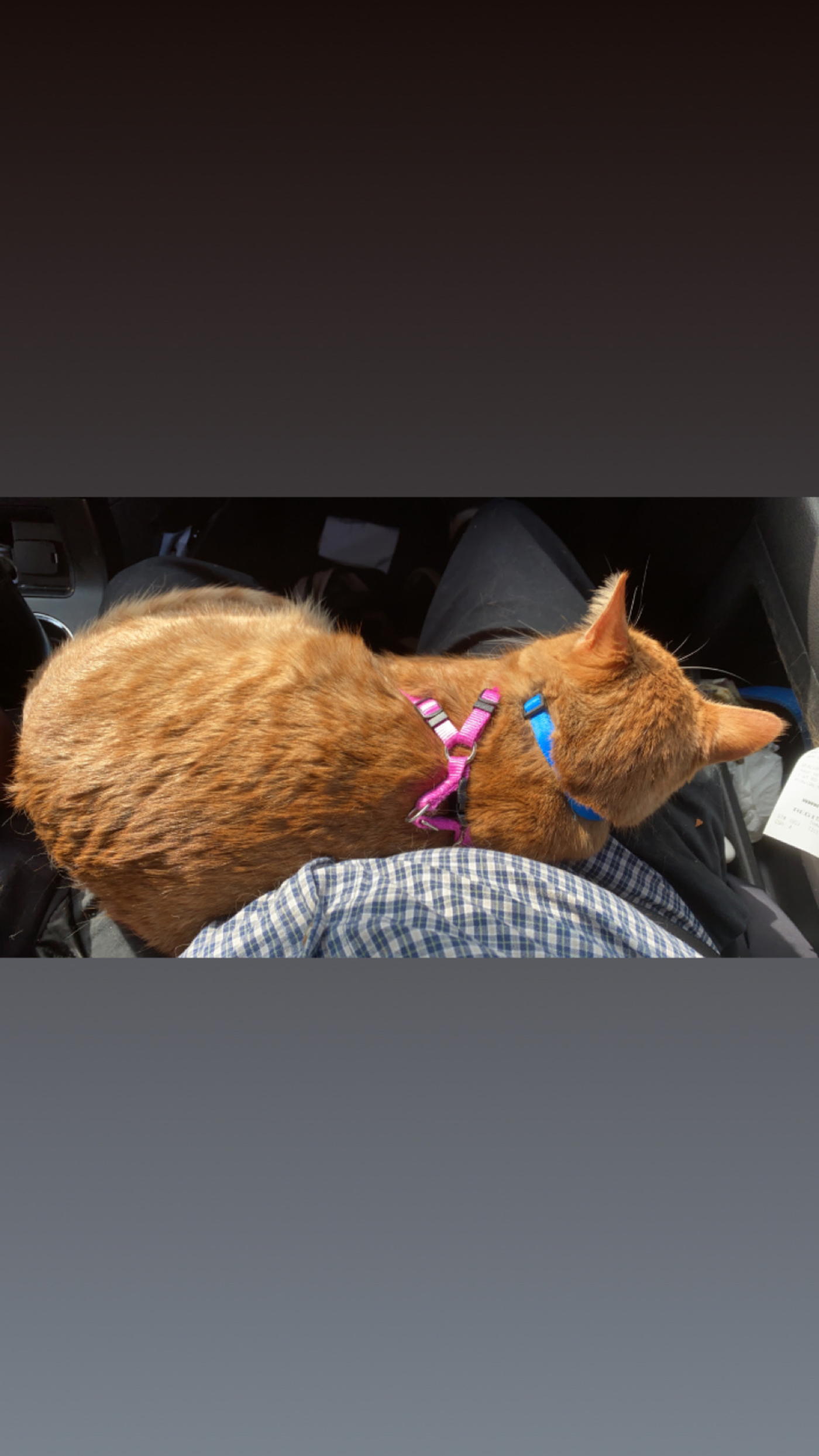How to Handle Pets on the Open Road
Travel is an important part of our lives. Our traveling adventures are a time to make memories and to engage in unforgettable experiences. The Dalai Lama once said, “Once a year, go some place you've never been before.” and indeed doing so can vastly enrich our lives. Every time we go away, however, we're often forced to leave behind our most loving and loyal friends. Yet pets are an important part of our lives too, and many of us consider them members of the family. There's no reason you shouldn't be able to take your furry friends with you on a long road trip. Doing so will be rewarding, but not easy. Here are some things to keep in mind.
Check in With The Vet
Before you take off on your long trip, you'll want to make sure you're bringing your companions with on a clean bill of health. Always seek the advice of your local veterinarian to see what your pet might need along the way. Your pet could also get car sick or catch something during the trip, so you'll want to be prepared for the worst. While your at the veterinarian's office you'll also want to update your pets records, vaccinations, and anything else it needs. Some states may require this by law so you'll want to be prepared to prove you've taken all the necessary steps.
Microchip your pet:
A lot of things can happen during a long road trip. Things get busy, noisy, and chaotic as we are trying to navigate our way to our intended destinations. Sometimes the worst can happen. A pet may wonder away at a truck stop, a camp site, or anywhere else you can imagine. If you think losing your pet at home is a big a deal just imagine what it'd be like to lose them out of state. The best way to prevent this from happening and to keep your pet safe is to micro-chip them. By doing so you'll be able to know where they are all at any moment and keep them safe and sound.
This is actually a safe and simple procedure. Although it can be a little painful for your pet, the vet will be in and out in minutes. The micro-chip is no larger than a grain of rice and is safely and comfortably secured under the skin in your pet's neck. The micro-chip can track your pet, and store your info through E-identification in case they're found by a Good Samaritan. You can get this done at your local vet's office, but ideally you should have it done upon adoption. Some states are even beginning to require this by law in certain circumstances.
Either way, it's a great idea for a road trip if you're going to bring your pets.
Keep Your Pet in A Well-Ventilated Crate
Our primary responsibility as pet owners and trip-goers is to ensure the safety and health of pets and people alike. Crates can be used for many things and, of course, are great for road trips. They should be used to keep the pet secure at all times when the vehicle is motion, especially is they're small enough to climb under the seat. Whether you're caging your pet at home or bringing them along for the ride, providing a safe and comfortable crate is a must. The crate should allow your pet easy access to fresh and cool air. It should also allow some light to enter and provide enough space for your pet to feel comfortable. If possible, include some kind of cushion, pillow, or pet bed to make their stay more pleasant. Some people prefer to hold their pets in the back seats, and that's fine too as long you can keep your pet still and at peace. You'll also want to make sure you're not allowing them to stick their heads out the window. While sometimes adorable when dogs do this, it can lead to injury.
Develop Pet travel-feeding schedule:
To save time during the trip, it's important to minimize bathroom breaks and other unncessary stops. It's almost important to work out a feeding schedule for your pet, especially during particularly long road trips. Feeding your pet in a moving car can cause gastrointestinal distress, leading nausea and messes you don't want to clean up. Never allow your pet to drink from outdoor water sources in unfamiliar territory, but instead keep some water handy for pets and people both.

Put Together a Pet Traveling Kit:
Traveling with pets, though a joy, is always going to be a tremendous challenge that requires planning. You may need to put together a customized kit just for your faithful companion. This will include the obvious provisions like food, water, dishes, and a comfortable crate. It may also include a leash and collar with tags, toys, and even some bags for your pets bathroom breaks. You also want to include some cleaning supplies in case your little friends leave AN unexpected mess along the way.
Injuries, sickness, and harsh climates are just a few of the traveling woes your pet may face along the way during your road trip. If you're in doubt of what to bring, consult your local vet. They may be able to provide instructions on how to put together a custom travel kit.
Never leave it alone in the parking:
Never leave your pets alone for extended periods of time inside your car, especially in parking lots on hot summer days. Heat exhaustion will cause your animal suffering and possibly even kill it. With animal cruelty now a federal crime, you also don't want to risk someone making the worst of assumptions even if you leave for just a minute.
Not only can leaving your pet in your car hurt them during harsh weather, but it may cause you to lose them. You don't want someone abducting your pet, or having them wander off while you're away.
Take Breaks to Stretch
Animals aren't that different than us when it comes to long road trips. We both hate being cooped up and crammed up in a crowded vehicle. We hate being stuck in a hot car breathing stale air and watching the same scenes zoom by. Take a break to stretch, use the bathroom, and walk around a little sometimes. If you can, try to find a park or other recreational area where you can bring your pets for some much-deserved relaxation.









